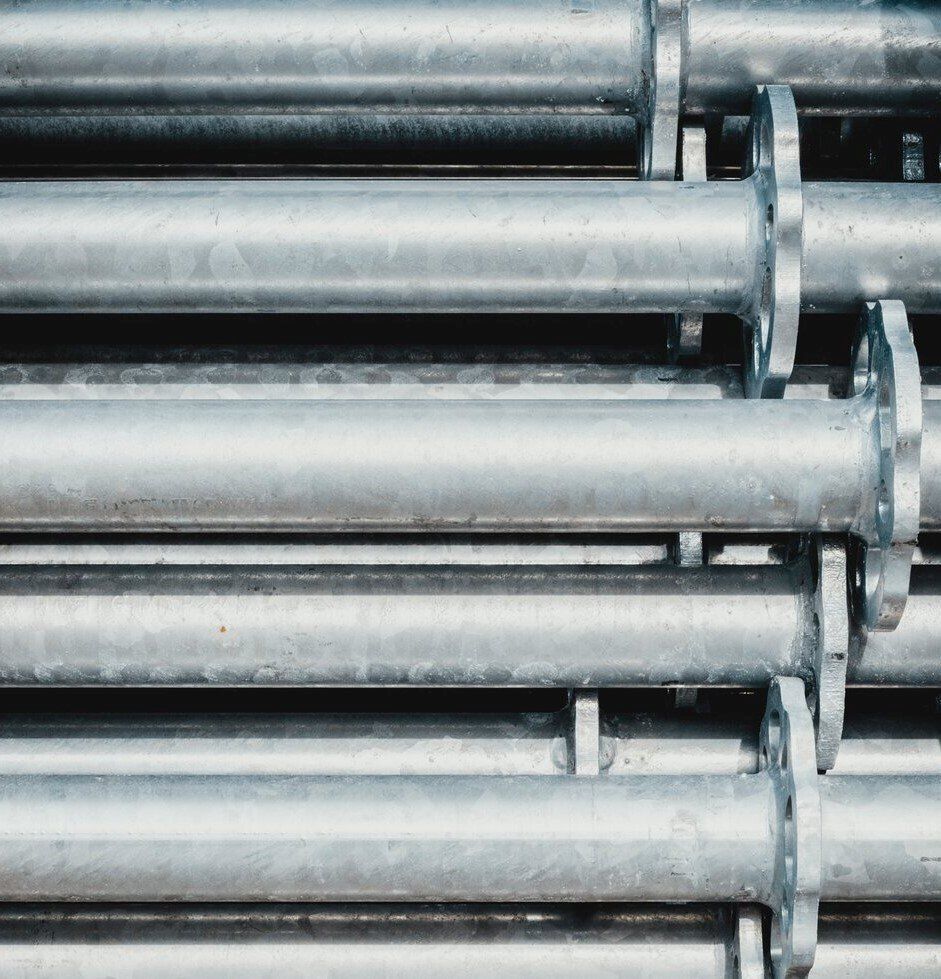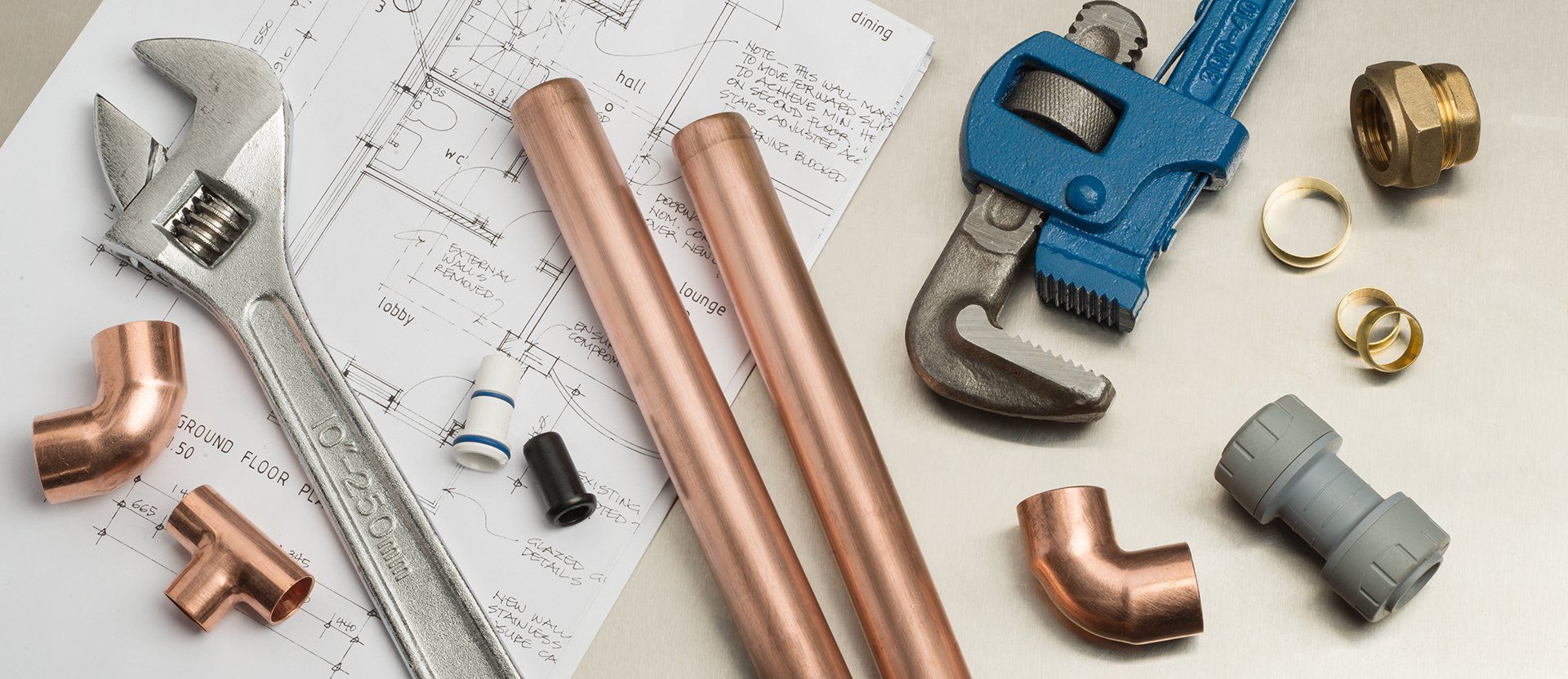A Plumbing Inspection Can Save Your Home
Plumbing issues that go undiagnosed and unrepaired can be disastrous for your home. Even seemingly small issues can cause big problems if they are not repaired quickly. The first step in getting your plumbing repaired and working like new again is the plumbing inspection. This article will give you some helpful information about plumbing inspections: when to get them done, who to call, and what you can expect during the inspection process. Read below to find out all there is to know about plumbing inspections—you will be glad you did.
Do Not Attempt To Perform The Plumbing Inspection Yourself
The first tip that we have to offer is that, in most circumstances, you do not want to perform the inspection yourself. It takes a trained eye, and years of experience, to locate a plumbing problem. There are some plumbing issues that you will not be able to inspect yourself, even if you do have a trained eye. Sewer mains, for example, are buried deep underground, and are hard to get to. If you suspect that there is an issue with your sewer main, call a plumber who can perform Woodbridge sewer inspection using a state-of-the –art camera. In fact, you will want to call a plumber no matter what your situation is.
Only Trust Experience
Unfortunately, not all plumbers are created equal. Many plumbers lack the experience, and even the certification, that you need for your plumbing inspection. When you need a sewer inspection , or any other plumbing inspection performed, you should only contact a company that hires Master plumbers. Master plumbers are the most experienced and highly-certified plumbers around. You should also look for plumbers who are fully licensed, bonded, and insured. When it comes to your inspection, you should not settle for anything less.
What To Expect When You’re Inspecting
If you hire a professional, experienced plumber, you should expect the inspection to be quick and painless. An experienced plumber will have seen every type of plumbing issue imaginable, and will be able to draw on that experience to quickly locate the plumbing issue. The plumber will likely ask basic diagnostic questions that you should answer honestly. It is also helpful for you to clear the area that you believe the plumber will be inspecting, so that they can work more efficiently. Additionally, it is extremely helpful if you are able to direct the plumber to where they can shut off the water supply, if need be. When you are prepared for your inspection (and repairs) the process will go as smoothly as possible.
Do Not Delay The Inspection
It is also recommended that you do not delay the plumbing inspection, but rather have it done as soon as possible. If something doesn’t seem right with your plumbing system, trust your instincts and make the call. All too often, minor, easily-fixable, plumbing issues become full-on plumbing disasters because they were not caught in time. The inspection is the first step in getting your plumbing system back to normal.
You might also like




